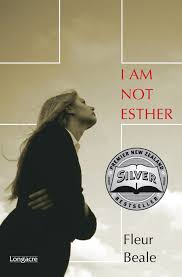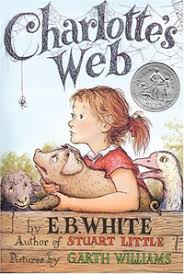I have been thinking about book lists, and how they can be fun to draw up as well as to try and follow - so here is a list for YA readers of Books to read before you're 20, with New Zealand overtones:
Wonderful novels:
(Because they are classics, and you just have to.)
1. Pride and prejudice by Jane Austen (Or Persuasion for a 2nd choice)
You can watch the movie as well, but you still have to read the book - and the movie has to be the BBC mini series.

2. Jane Eyre by Charlotte Bronte
3. Wuthering heights by Emily Bronte
4. Something by Dickens, maybe Oliver Twist or David Copperfield, or possibly A tale of two cities - to admire the effortless ease with which he dreams up plots and invents characters; the plots sometimes strained, the chacters often verging on caricatures, but the overall effect always fascinating; how did he do it?
F
inding yourself:
(Because that's what teenagers are supposed to do.)
5. To kill a mockingbird by Harper Lee - to learn about racism, to find a role model (Atticus) if you don't already have one, to realise that some writers only ever write one amazing book
6. I am not Esther by Fleur Beale - if you haven't already studied it at school; it must be one of the most popular set books, and one that students don't mind reading for once

7. To the is-land by Janet Frame
Dystopia - before that term was made popular by more recent books: (Because teenagers seem to relish reading about a world where everything might go wrong, before they are old enough to have the responsibility of trying to fix it.)
8. 1984 by George Orwell
9. Brave new world by Aldous Huxley
10. Fahrenheit 451 by Ray Bradbury
11. The handmaid's tale by Margaret Atwood

(what a creepy cover)
12. A book of
poetry by a New Zealand poet, or a collection of New Zealand poetry (but it should contain at least one poem by Jenny Bornholdt)
13. A collection of nursery rhymes
Children's books
14. The lion the witch and the wardrobe by C.S. Lewis (or another of the Narnia books)

15. Charlotte's web by E.B. White - to learn about the power of friendship and hope

16. The BFG by Roald Dahl - to learn about the fun you can have with language
17. Harry Potter - at least the first one, if not all seven - because he, Hermione and Ron form an inescapable part of that generation
18. A
history of WW1, including what happened at Gallipoli
19. At least some of the
Bible, especially Genesis and some Psalms and one of the gospels - Mark's is the shortest, but I like Luke - and the book of Acts
That leaves one over - what would no 20 be? Another novel (The Great Gatsby)? A travel book (one by Eric Newby?) A short story by Katherine Mansfield?
I'm not sure - but it's good to be flexible about these things, so no 20 can be your own choice.




